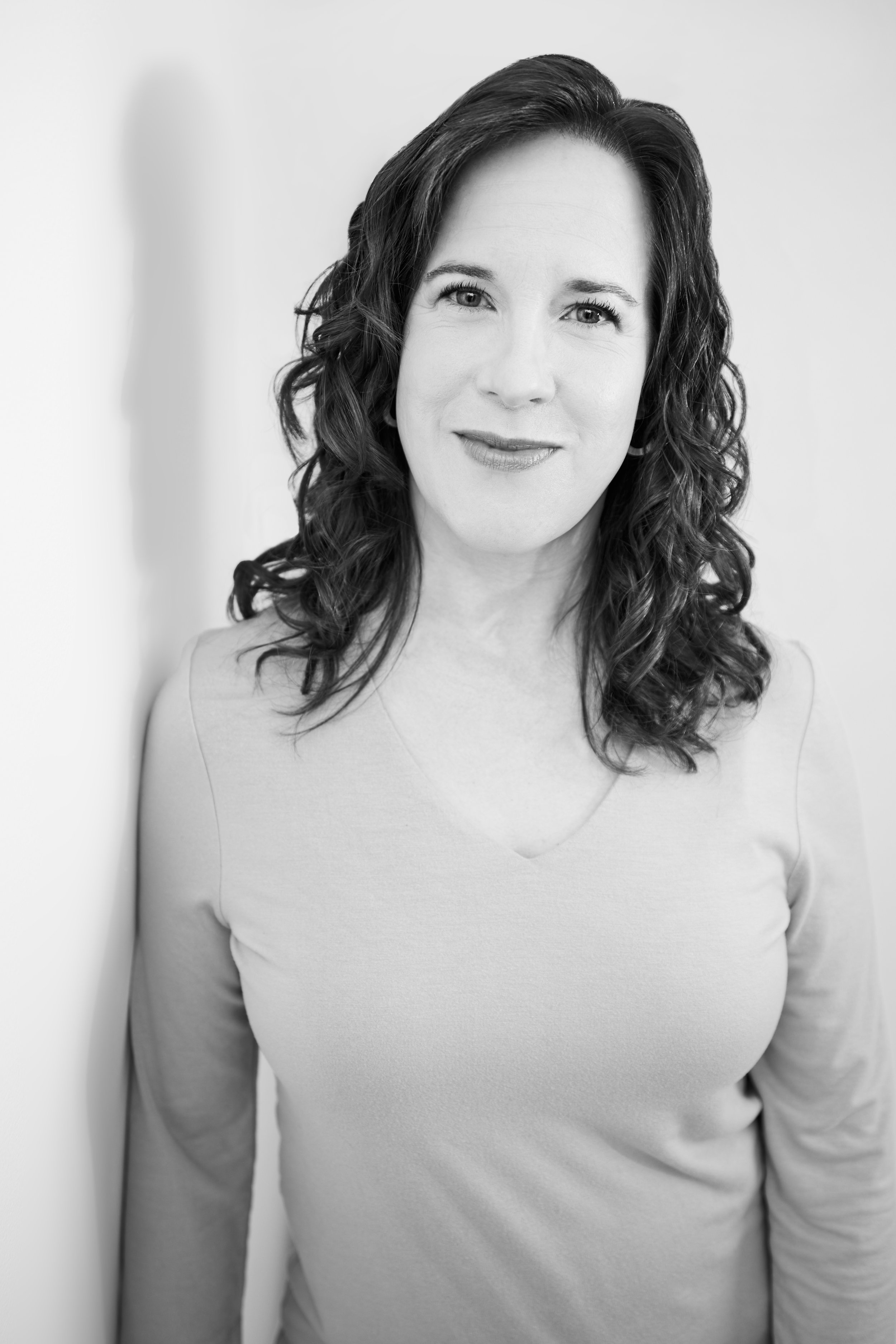my story
Before I became a voice teacher, I was a singer with voice problems.
I took voice lessons throughout middle school and high school and developed a deep love for classical singing. I dreamed of being an opera singer until the flu decimated my high notes.
I lost two octaves off the top of my range, and my voice felt difficult to control. My voice fatigued quickly, and I started experiencing neck pain when I sang. I managed to earn a degree in music, but I limped through the vocal requirements. My voice teachers seemed unable to help. I sought advice from experts who were as perplexed as I was. I gave up singing for five long years.
Then I heard about a teacher who rehabilitated injured singing voices, and everything changed. My teacher referred me to a laryngologist (an ENT who specializes in voice problems). He diagnosed me with two conditions.
The first, vocal fold paresis, is caused by a weakening of the nerves that control the vocal cords. It is often brought on by viral illness. There is no treatment for it, but those who have it can be taught to use their voices more efficiently.
The second condition, muscle tension dysphonia, is a pattern of tension that negatively affects the voice. I had built up years of tension around my throat and jaw, which I found almost impossible to let go. I turned to mindfulness meditation and yoga to help me relax. (I eventually became a trained mindfulness teacher and now run online mindfulness courses for people with voice disorders.)
With my voice teacher’s expert instruction, I learned to relax muscles that had been overworking and engage those that had been underworking. I regained vocal range, stamina, and power. I felt that I could truly sing again. (Although vocal fold paresis is lifelong, I am a muscle tension dysphonia success story. I do still experience some neck tension, but it no longer negatively affects my voice, so I am considered recovered.)
My own struggles as a singer were the perfect preparation for my work as a voice teacher. I learned so much about how the voice works and what kind of problems singers encounter when something goes wrong. I learned to look for and resolve patterns of physical tension. But I also learned to listen for underlying health problems that technique alone can’t fix: acid reflux and allergies, as well as voice disorders such as nodules, polyps, vocal paresis, and muscle tension dysphonia. Because of my experiences as a singer with voice problems, I am able to refer my students to the right specialists and guide them through their own recovery process.
Read more about my credentials or sign up for a lesson.














